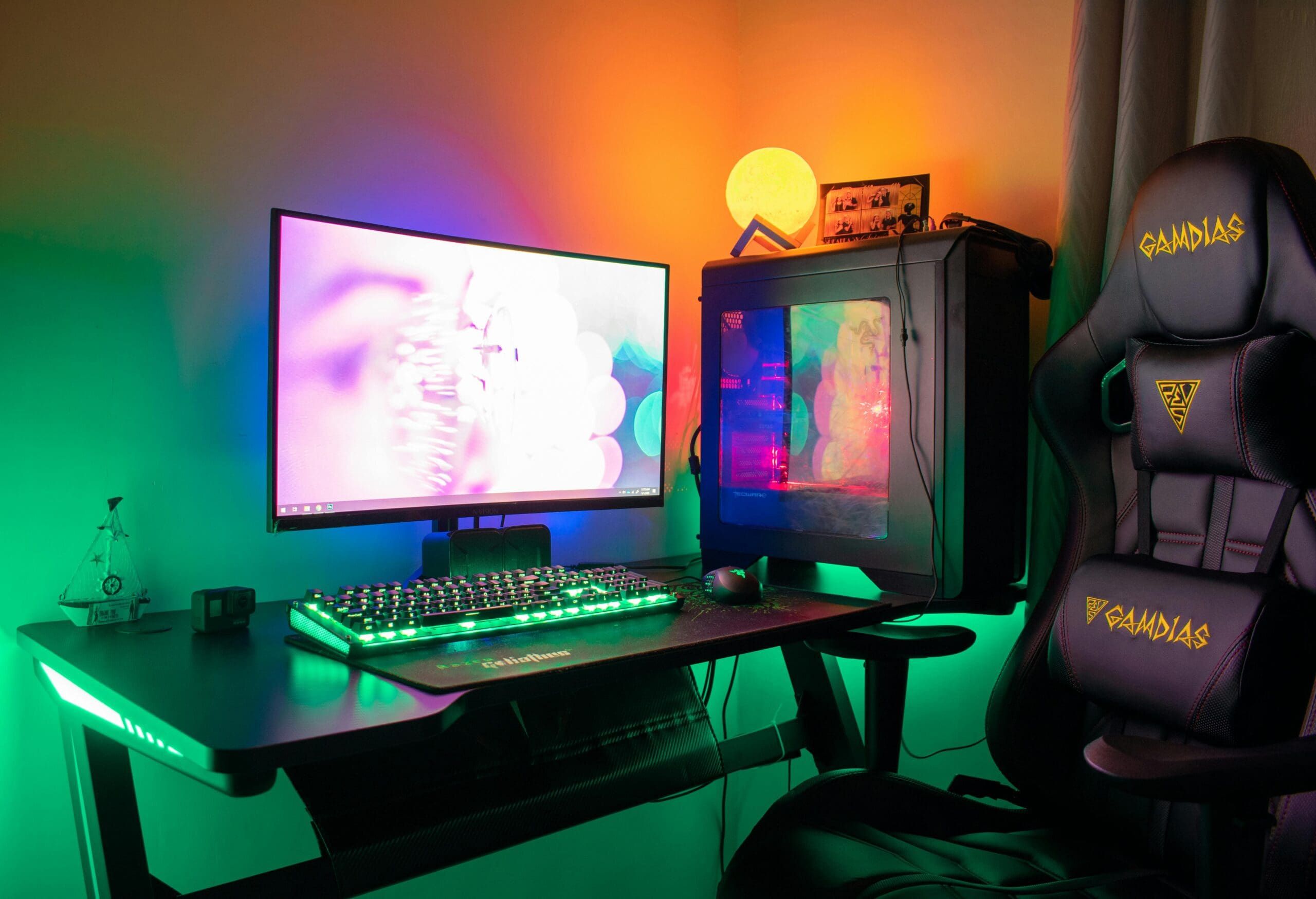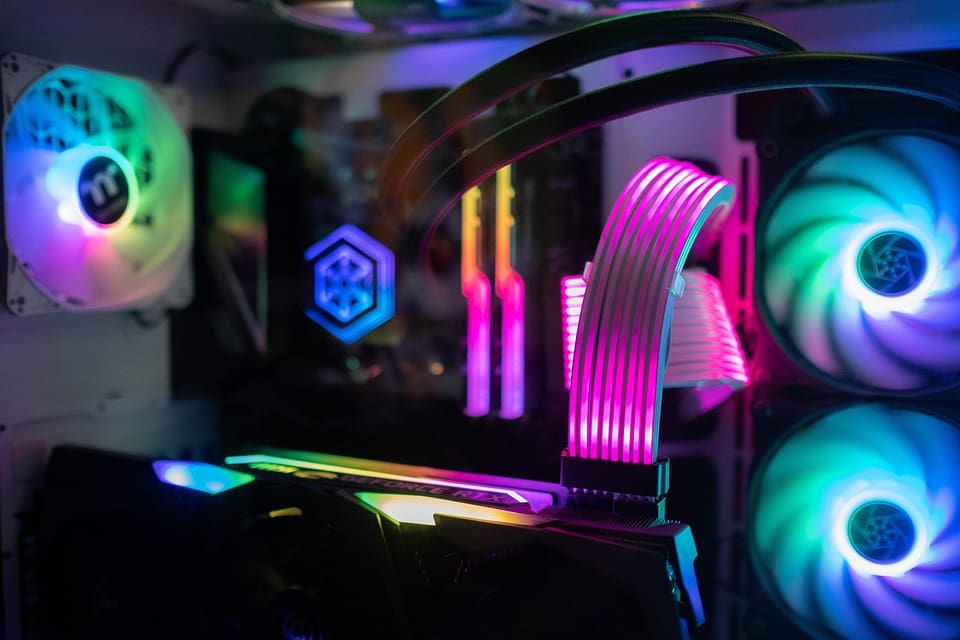Introduction
Gaming PCs are a popular choice for gamers who want a customizable and powerful gaming experience. However, like any electronic device, gaming PCs can encounter various problems that can hinder performance and gameplay. In this article, we will discuss common gaming PC problems and provide solutions to help users troubleshoot and resolve these issues.
Why This Topic Matters
Understanding common gaming PC problems and how to solve them is essential for gamers of all levels. Whether you are a beginner or an advanced user, knowing how to address these issues can help improve your gaming experience and extend the lifespan of your gaming PC. By addressing common problems proactively, you can ensure that your gaming PC runs smoothly and efficiently.
Step-by-Step Guide / Essential Tips
1. Slow Performance
One of the most common issues that gamers encounter is slow performance. This can manifest as low frame rates, stuttering gameplay, or long loading times. To address this issue, you can try the following solutions:
- Update your graphics drivers: Outdated graphics drivers can cause performance issues. Make sure to regularly update your graphics drivers to ensure optimal performance.
- Adjust in-game settings: Lowering graphics settings can help improve performance. Experiment with different settings to find the right balance between visual quality and performance.
- Close background programs: Running multiple programs in the background can consume system resources and impact gaming performance. Close unnecessary programs to free up resources for gaming.
2. Overheating
Overheating is another common issue that can affect gaming PCs. Excessive heat can lead to thermal throttling, performance degradation, and hardware damage. To prevent overheating, consider the following solutions:
- Clean your PC: Dust and debris can accumulate inside your PC and restrict airflow, leading to overheating. Regularly clean your PC to remove dust and improve airflow.
- Invest in cooling solutions: Upgrading your cooling system, such as adding more case fans or installing a CPU cooler, can help dissipate heat more effectively and prevent overheating.
- Monitor temperatures: Use software tools to monitor your PC’s temperatures and adjust fan speeds or settings to keep temperatures in check.
3. Blue Screen of Death (BSOD)
The Blue Screen of Death (BSOD) is a critical error that can occur when your PC encounters a serious system issue. To troubleshoot and resolve BSOD errors, consider the following solutions:
- Update drivers: Outdated or incompatible drivers can trigger BSOD errors. Make sure to update all drivers, including graphics, chipset, and network drivers, to prevent BSOD issues.
- Check for hardware issues: Faulty hardware components, such as RAM or hard drives, can cause BSOD errors. Run diagnostic tests to identify and replace any defective hardware.
- Restore system settings: If you recently made changes to your system settings or installed new software, consider restoring your system to a previous state using System Restore to undo any problematic changes.
Common Mistakes to Avoid
- Ignoring software updates: Failing to update drivers, operating systems, or game clients can lead to compatibility issues and performance problems.
- Overlooking airflow and cooling: Inadequate airflow or cooling solutions can result in overheating and hardware damage. Make sure to optimize your PC’s cooling system.
- Skipping regular maintenance: Neglecting to clean your PC or perform routine maintenance can lead to dust buildup, component failure, and performance issues.
Advanced Optimization Tips
For advanced users looking to further optimize their gaming PC, consider the following tips:
- Overclocking: If you are comfortable with overclocking, you can push your hardware to achieve higher performance levels. However, proceed with caution and monitor temperatures closely.
- Custom fan curves: Adjusting fan speeds and creating custom fan curves can help optimize airflow and cooling, especially during intense gaming sessions.
- Monitoring software: Utilize monitoring software to track temperatures, usage, and performance metrics to identify potential issues and make informed adjustments.
Final Thoughts
By addressing common gaming PC problems proactively and implementing the solutions discussed in this article, you can enhance your gaming experience and ensure that your gaming PC performs at its best. Whether you are a beginner or an advanced user, knowing how to troubleshoot and resolve common issues can help you enjoy seamless gameplay and maximize the lifespan of your gaming PC.
💬 If you have encountered common gaming PC problems and found effective solutions, share your experiences in the comments below!


